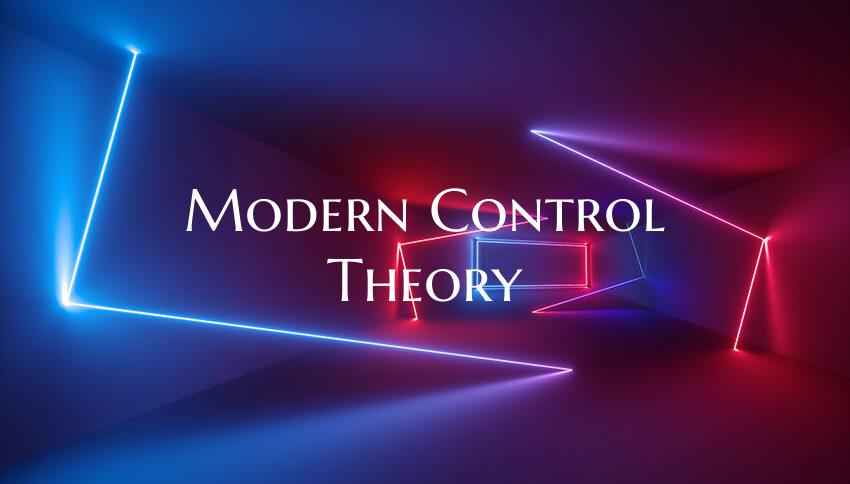Modern Control Theory
Introduction: Modern control theory is a fascinating field encompassing a variety of mathematical methods and techniques that are used to regulate and manipulate the behavior of dynamic systems. This discipline plays a crucial role in diverse fields such as aerospace engineering, robotics, industrial automation, and more. By understanding and applying modern control theory, engineers and researchers can design systems that exhibit stability, optimality, and robustness in the face of uncertainties and disturbances.
Foundations of Modern Control Theory: At the core of modern control theory lies the study of dynamic systems and their mathematical models. These models typically involve differential equations that describe how a system's state evolves over time in response to input signals and disturbances. Control theory aims to design controllers that can adjust the system's inputs to achieve desired performance, such as tracking a reference signal, rejecting disturbances, or stabilizing the system.
Key Concepts and Tools: Modern control theory employs a range of concepts and tools to analyze and design control systems. These include state-space representation, pole placement, robust control, optimal control, and model predictive control, among others. State-space representation allows engineers to represent a system's dynamics in a compact form, making it easier to analyze stability and design controllers. Pole placement techniques enable engineers to place closed-loop poles to achieve desired system behavior, such as damping oscillations or improving response time.
Applications of Modern Control Theory: The applications of modern control theory are widespread and diverse. In aerospace engineering, control theory is used to stabilize aircraft, control spacecraft attitude, and navigate autonomous drones. In robotics, it enables precise motion control, path planning, and manipulation of robot arms. Industrial automation relies on control theory to regulate processes, maintain quality standards, and improve efficiency in manufacturing plants. Additionally, control theory plays a vital role in emerging fields like autonomous vehicles, smart grids, and biomedical systems.
Challenges and Future Directions: As technology evolves, new challenges and opportunities arise in the field of modern control theory. With the increasing complexity of systems and the advent of cyber-physical systems, control engineers are faced with the task of designing controllers that can handle nonlinearities, uncertainties, and real-time constraints. Future directions in control theory include the integration of machine learning and artificial intelligence techniques for adaptive control, as well as the development of control strategies for networked systems and interconnected systems.
Conclusion: In conclusion, modern control theory is a multifaceted discipline that underpins the design and operation of complex systems in various domains. By leveraging advanced mathematical tools and concepts, control engineers can create intelligent, efficient, and robust control systems that push the boundaries of technological innovation. As we continue to unlock the potential of modern control theory, we are poised to address the challenges of tomorrow and shape a more automated and intelligent world.

